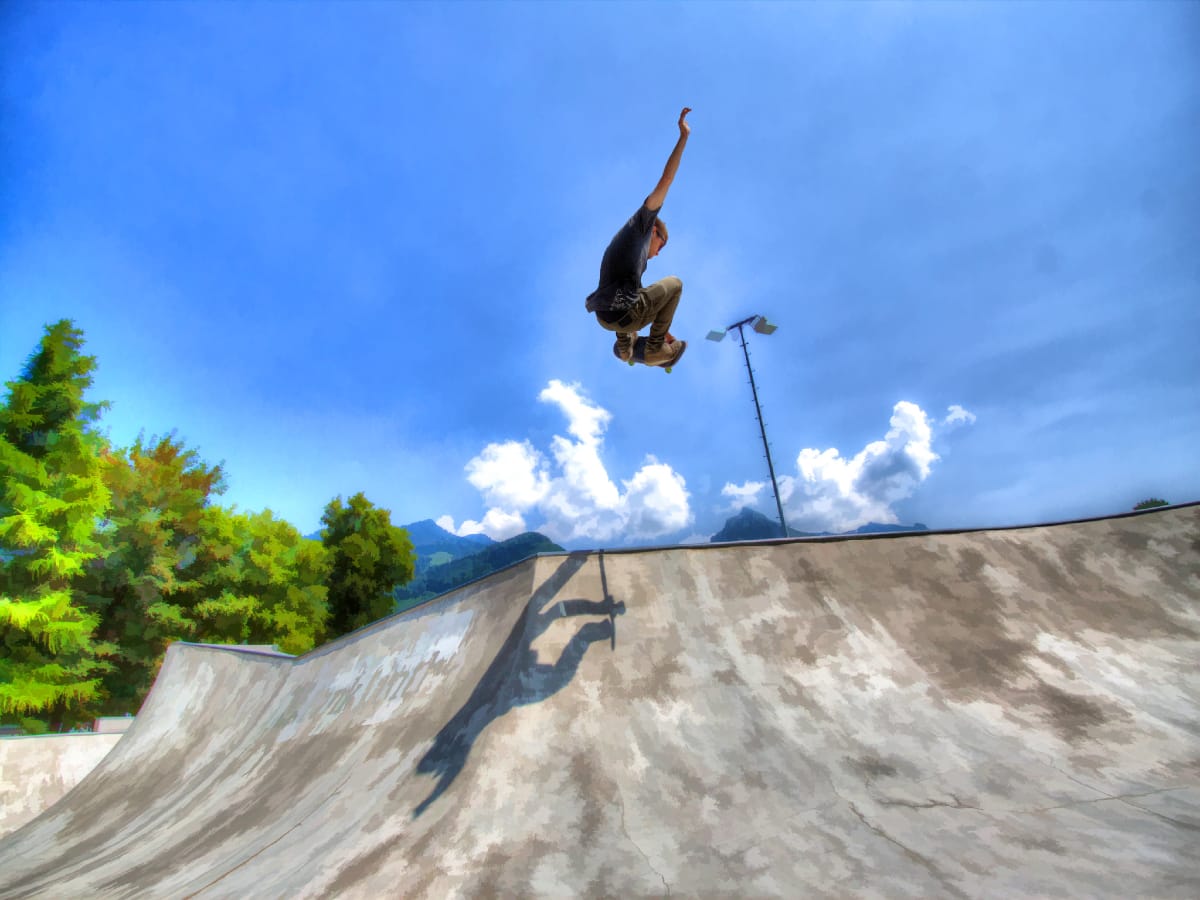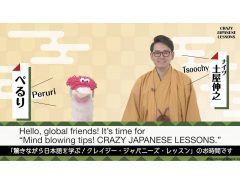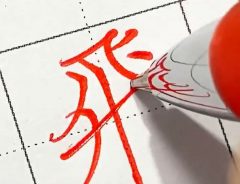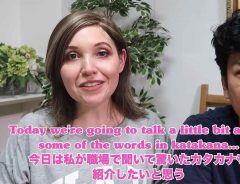
Source: "My Air" by Wendelin Jacober, CC0 1.0 / © Flickr.com
Three “freaking awesome” Japanese words from skateboarding commentary!
- Tags:
- casual speech / Japanese / Japanese language / Japanese lesson / skateboarding / Slang
Related Article
-

Japanese teacher’s real phrases to use in Japan: Shopping [audio included]
-

Fuji Television’s Int’l Dept. Launches a Japanese Language Course on YouTube for Global Viewers
-

Ask your Japanese friends this ONE question!
-

Japanese calligraphist shows how you can write gorgeous kanji with a cheap pen
-

Why Japanese People: how Westerners struggle with katakana borrowed words in Japanese
-

Sukumizuage: Okinawa fishing news wording leads to humorous misunderstanding online


Unusually informal skateboarding commentary goes viral
Recently, the Olympics have been flooding the headlines, but on July 25th a different kind of story was trending on the Internet. Mr. Ryo Sejiri 瀬尻稜, himself a former skateboarding champion, appeared as a guest commentator for the NHK broadcast of the Olympic skateboarding event. His very casual, but accurate and easy to understand commentary became really popular on the Internet.
Today, let’s look at three super informal but useful Japanese phrases used by Mr. Sejiri.
Oni yabai (鬼ヤバい): So sick
© Mochijapa (@Mochijapa) / © grape Japan
The first one is Oni yabai (鬼ヤバい). The closest English phrase would be “so sick”!
The original meaning of the kanji, oni (鬼), means demon. However, recently oni has also been used to emphasize adjectives similar to words like super or unbelievable in informal contexts. Yabai can be used for both something that is really good or really terrible just like “sick” in English.
Therefore, oni (so) + yabai (sick) = So sick! in Japanese.
By the way, oniden (鬼電) is another new casual word which uses oni. 電 means phone calls in this case. So, it means “an unbelievably large amount of phone calls” from the same person. When you receive tons of phone calls from the same person, they are as scary as a demon...! I mentioned the word oniden on my Japanese teaching account.
~ ssune (~っすね): ~ ya?
© Mochijapa (@Mochijapa) / © grape Japan
The second word is ~ssune (~っすね). This is a casual version of “isn’t it”. Ssune is informal, but still maintains a bit of polite nuance. So you can use this when you are talking with a very close senpai or people older than you.
The way of using the word is easy. Just add this ~ssune at the end of a sentence as below:
Oni yabai ssune (鬼ヤバいっすね) = It’s so sick, ya?
Kyou atsui ssune (今日、暑いっすね) = It’s super hot, ya?
Hanpa neee! (半端ねー!): Freaking awesome!
© Mochijapa (@Mochijapa) / © grape Japan
The last one is Hanpa nee! (半端ねー)! Hanpa (半端) means halfhearted or unimportant. ねー is an informal form of nai (ない), a negative form. A direct translation of Hanpa nee is “It is not halfhearted”. Therefore, it is a seriously amazing thing. In other words, “it’s freaking awesome!”
On the Internet, people even started analyzing and noticed that Mr. Sejiri tends to use Hanpa nee when the score exceeds 8.5 points.
These three words became a trend thanks to Mr.Sejiri, but actually, Japanese native speakers use them quite often when they speak informally. If you come across something anything you think is “so sick” or a “freaking awesome” situation, say Oni yabaissune (鬼ヤバいっすね) and Hanpa nai ssune (半端ないっすね)!